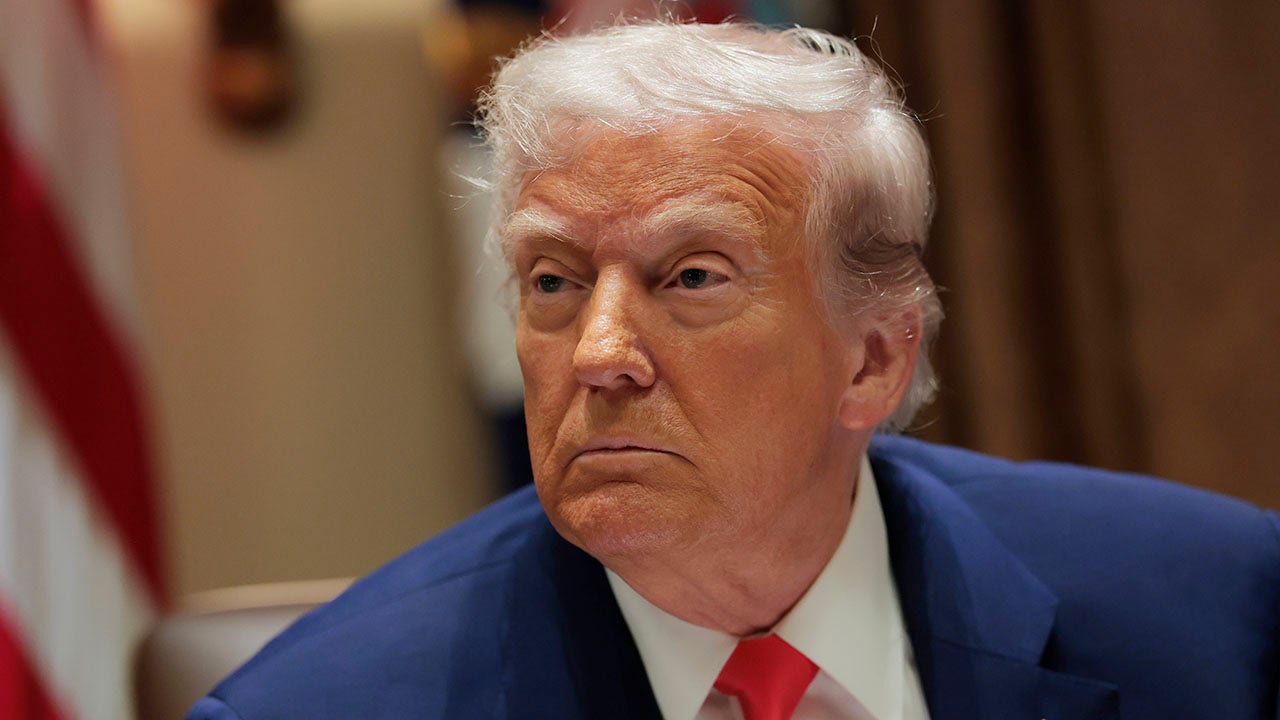Trump says Harvard has ‘lost its way’

President Donald Trump launched a scathing attack on Harvard University, labeling the prestigious institution as a “joke” in a series of tweets on Wednesday. Trump’s comments came after Harvard refused to comply with demands from the Department of Education (DOE) to address issues such as antisemitism on campus.
In his social media tirade, Trump criticized Harvard for hiring individuals like Bill de Blasio and Lori Lightfoot, former mayors of New York City and Chicago respectively, whom he described as “Radical Left fools.” He accused Harvard of employing a predominantly left-leaning faculty that he believes promotes “Hate and Stupidity” and teaches failure to students.
The feud between Trump and Harvard escalated when the administration decided to withhold $2.2 billion in federal funding from the university after it refused to cooperate with the DOE’s requirements. Harvard President Alan Garber defended the university’s stance, stating that the demands imposed by the government constituted unwarranted interference in the intellectual freedom of the institution.
The issue of taxing Harvard’s substantial endowment, which exceeds $50 billion, has also been raised by Trump and other prominent Republicans. The president suggested that Harvard should lose its tax-exempt status if it continues to engage in what he perceives as politically motivated activities.
Furthermore, Senator Josh Hawley of Missouri proposed taxing Ivy League schools to offset tax cuts for working-class Americans. The controversy surrounding Harvard’s refusal to comply with the DOE’s demands has reignited debates about the role of elite universities in shaping public discourse and the potential implications of government intervention in academic affairs.
As the standoff between the Trump administration and Harvard continues, the future of federal funding for the institution remains uncertain. The clash underscores broader tensions surrounding free speech, academic freedom, and the relationship between universities and the government. It remains to be seen how this conflict will ultimately be resolved and what implications it may have for higher education in the United States.




